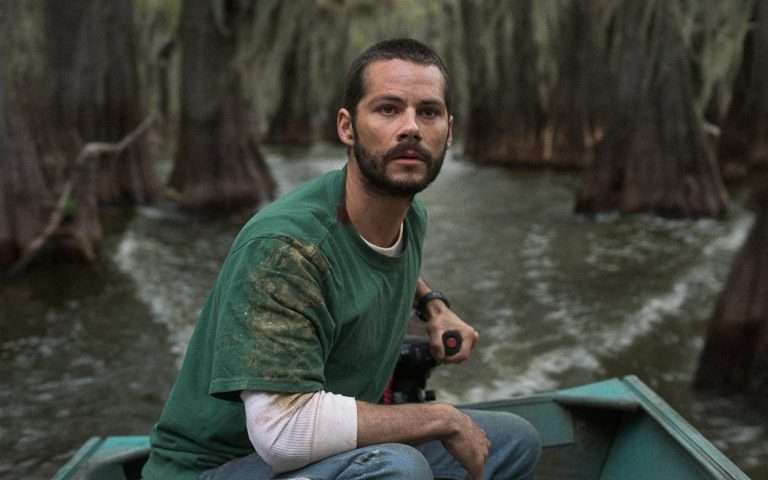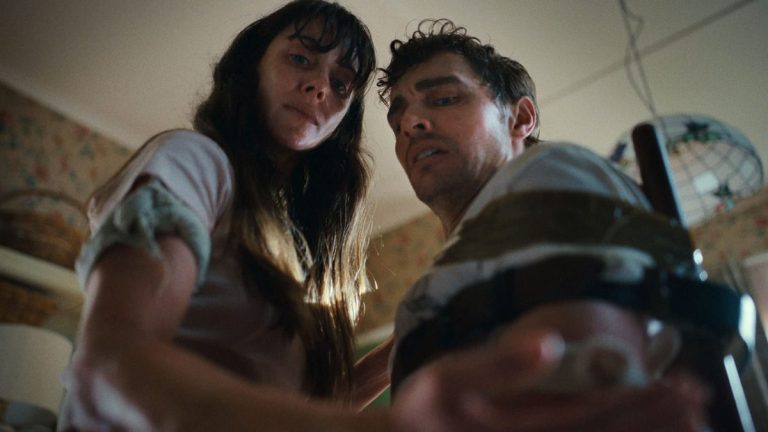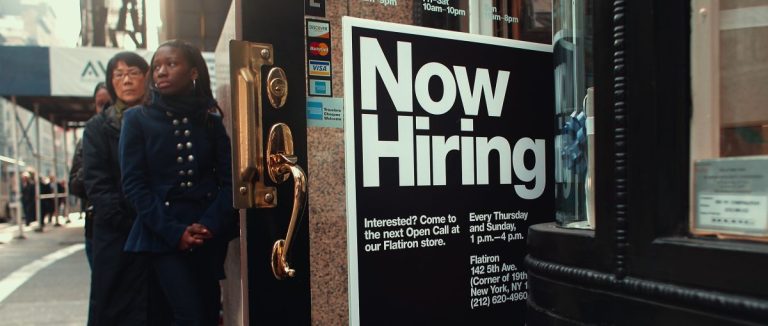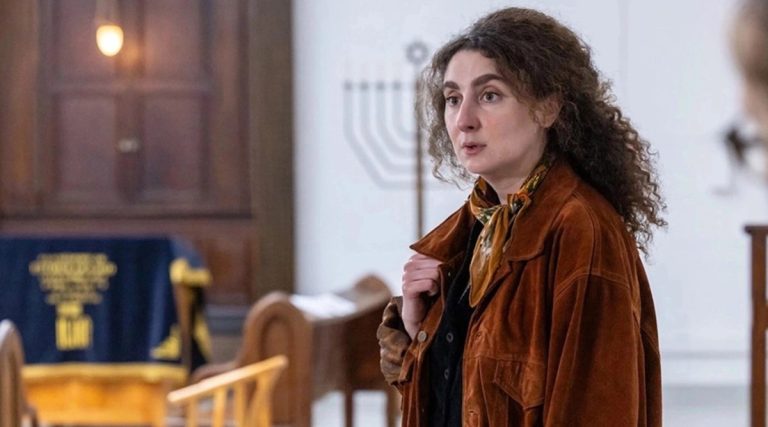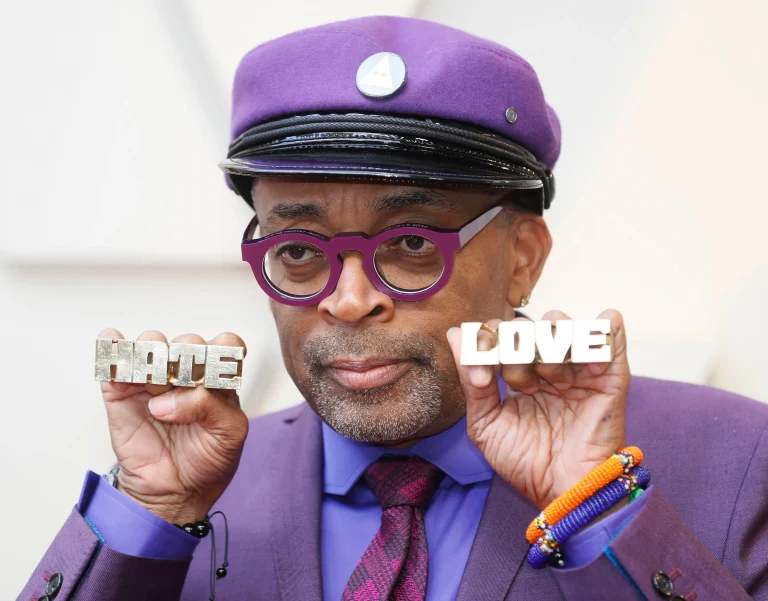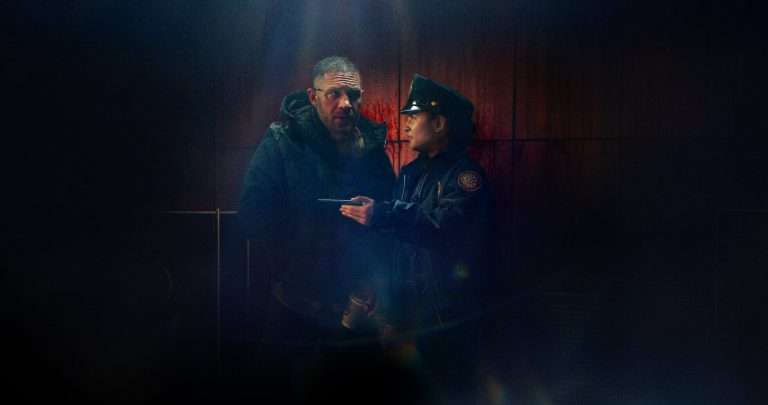Today, Indian filmmaker Payal Kapadia has made the entire nation proud after winning the Grand Prix at the 2024 Cannes Film Festival for her film “All We Imagine as Light.” While the entire country celebrates her victory, little do people know that she has also seen her fair share of struggle.
Payal Kapadia and her history as a vocal protestor
Payal Kapadia, a visionary filmmaker who honed her craft at the Film and Television Institute of India (FTII), is now scaling the heights of success. Back in 2015, as a student at India’s prestigious FTII, Pune, she found herself at the forefront of a historic four-month protest against the appointment of a ‘controversial figure’ as institute chairman. While she raised her voice for what she believed at the time, her expression came with some repercussions. Her act of defiance led to disciplinary action, a lost scholarship, and even an FIR against her.
In 2015, as a student at FTII, Kapadia spearheaded a historic 139-day protest against the appointment of Gajendra Chauhan, a television actor, as chairman. She raised the notion that Chauhan isn’t worthy of the position he was appointed for and cited that he lacks qualifications for the authority he has been given. Following that, she, along with other students, also boycotted classes, which led to disciplinary action.
On the 68th day of their protest, Prashant Pathrabe, then director of FTII, ordered students from the 2008 batch to leave the hostel and presented notices to assess their incomplete film projects. This infuriated the protesting students, who claimed this action to be “irrational and unjustified.” Undeterred, they confronted Pathrabe in his office, forming a human chain and refusing to leave until their demands for clarification were addressed.
The situation worsened when the police intervened to quell the protest. Five students were arrested in the midnight crackdown that ensued, and 35 students, including Payal Kapadia, were named in the charge sheet. According to a report published in the Hindustan Times, Kapadia, along with seven other students, faced disciplinary action, lost her scholarship, and was barred from participating in the foreign exchange program.
A year after the crackdown, FTII seemed to adopt a more lenient approach towards Kapadia. In 2017, when her 13-minute short film “Afternoon Clouds” became the only Indian film that was selected for the 70th Cannes Film Festival, the institute extended its support. FTII issued a letter of support and offered to cover the filmmaker’s travel expenses to the festival.
Speaking to Hindustan Times, FTII Director Bhupendra Kainthola explained,
“Our decision to support students or deny them scholarship previously was based on how their conduct has been on the campus. A few days after the protest was over, many students came to me and said they never realized that their past actions would haunt them throughout their lives. Some of them even cried and regretted their actions.”
Now that Kapadia won the Grand Prix for her latest film, “All We Imagine as Light,” at the Cannes Film Festival, FTII has publicly praised the filmmaker on their official Twitter handle.

